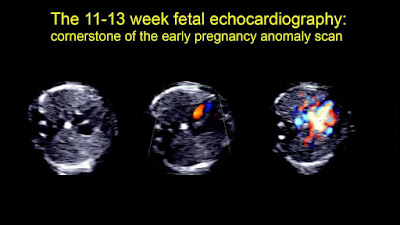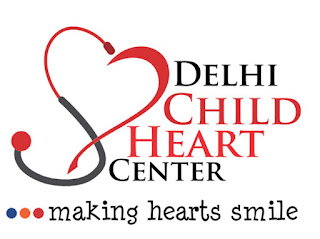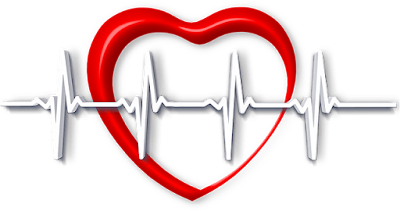The body of an unborn child is too delicate, doctors have to take utmost care while treating the child. Among the organs, heart is the sole functioning and most complex to treat. Delhi Child Heart Center offers the Best Fetal Echocardiogram in the City.
A cardiologist carries out Fetal Echocardiogram test to assess the condition of an unborn child heart. The test is done in the second trimester between 18 to 24 weeks. In a full fetal echo test around 15 structures, of the heart type is analyzed.
When should you see a doctor?
- Those who have family history of heart disease
- When you're one child already has heart problem
- Overuse of drugs of alcohol during pregnancy
- Overexposure to some other medications
- Chromosomal abnormalities in fetus
- IUGR conditions of fetus
- Those who have risk in pregnancy
- Abnormal heart rhythm in fetus
- Diseases like Diabetes and Lupus Condition in mother
Test procedure:
A pediatric Cardiologist will at first place a probe in mother’s abdomen. This transducer probe will be moved around to receive various locations and positions of the baby’s heart. 2 D echocardiography and Doppler echocardiography are the two techniques used to get detailed information. This will be helpful in determining the health status of the fetal heart and treat before it becomes serious.
Other treatments associated with this are:
- Additional ultrasound or echocardiograms: This is done to know growth of the fetus and its health status
- Amniocentesis: This procedure is done to retrieve the amniotic fluid sample from amniotic sac. By analyzing this doctor can find out the presence of chromosomal , genetic and birth defects of the fetus.
- Genetic Counseling: In this doctors will give information about genetic risk factors, how one can prevent it, its consequences, treatment procedures, precautions to patients.
Dr. Vikas Kohli famous cardiologist of Delhi Child Heart Center provide best pediatric cardiac treatment in Delhi.
Visit us: http://www.childhearttreatment.com/
Mail us: drkohlivikas@gmail.com










